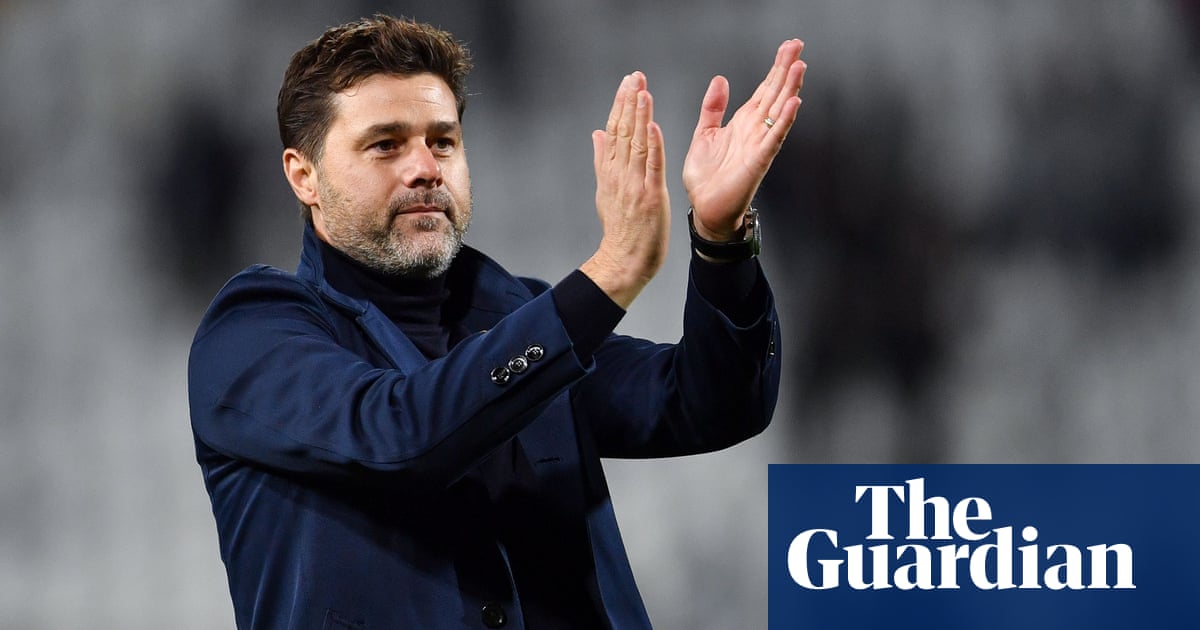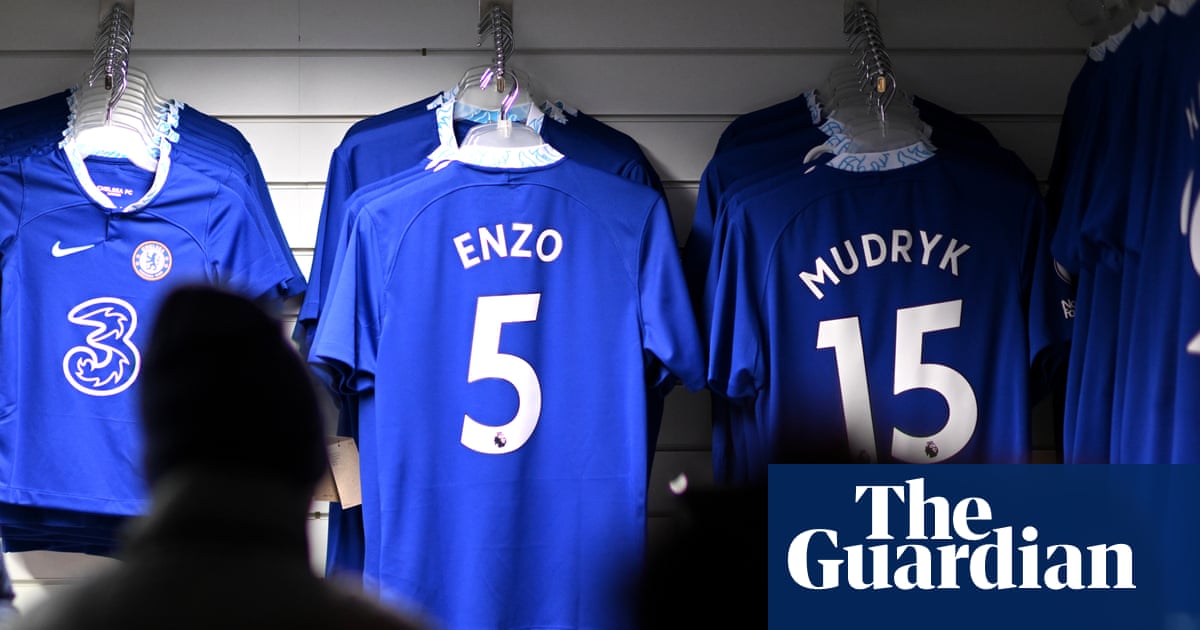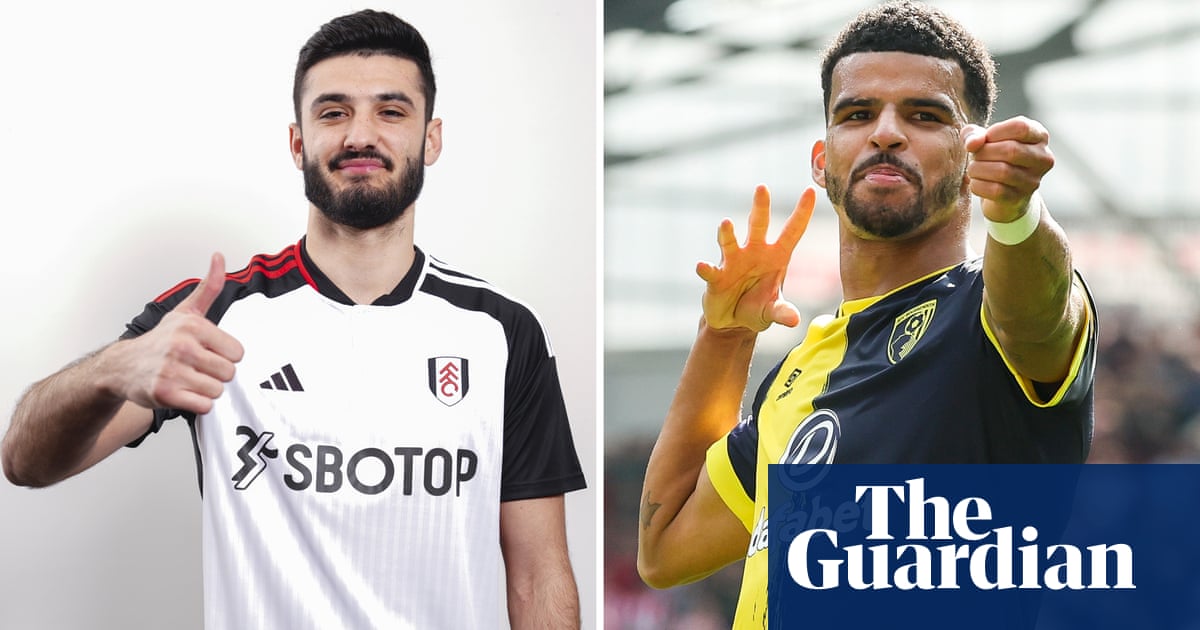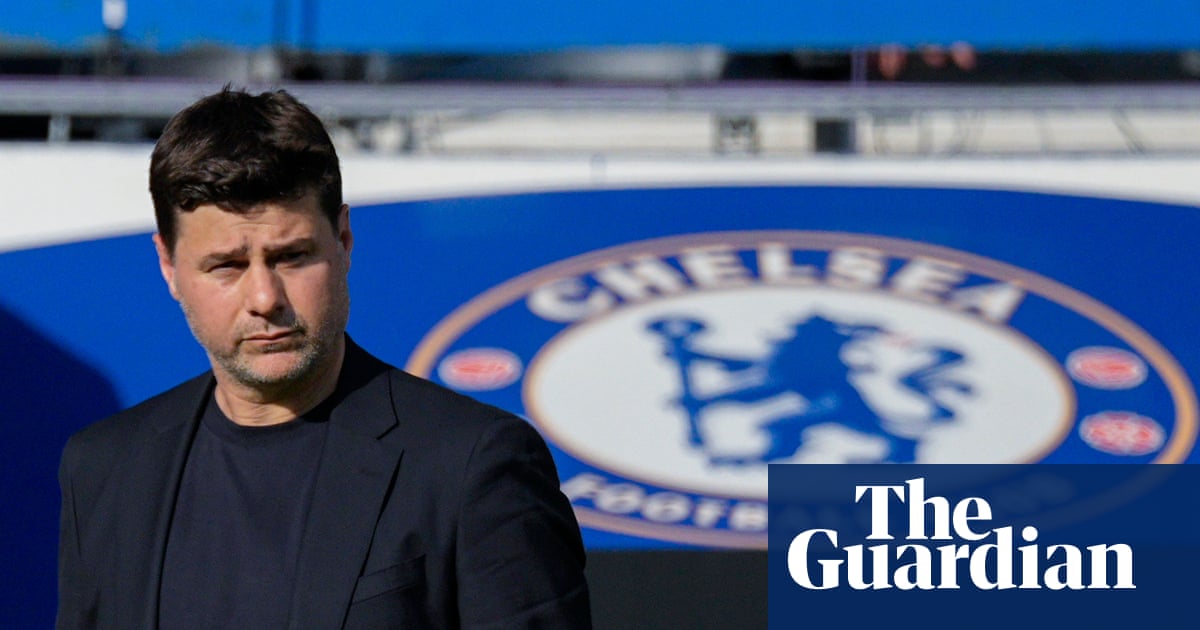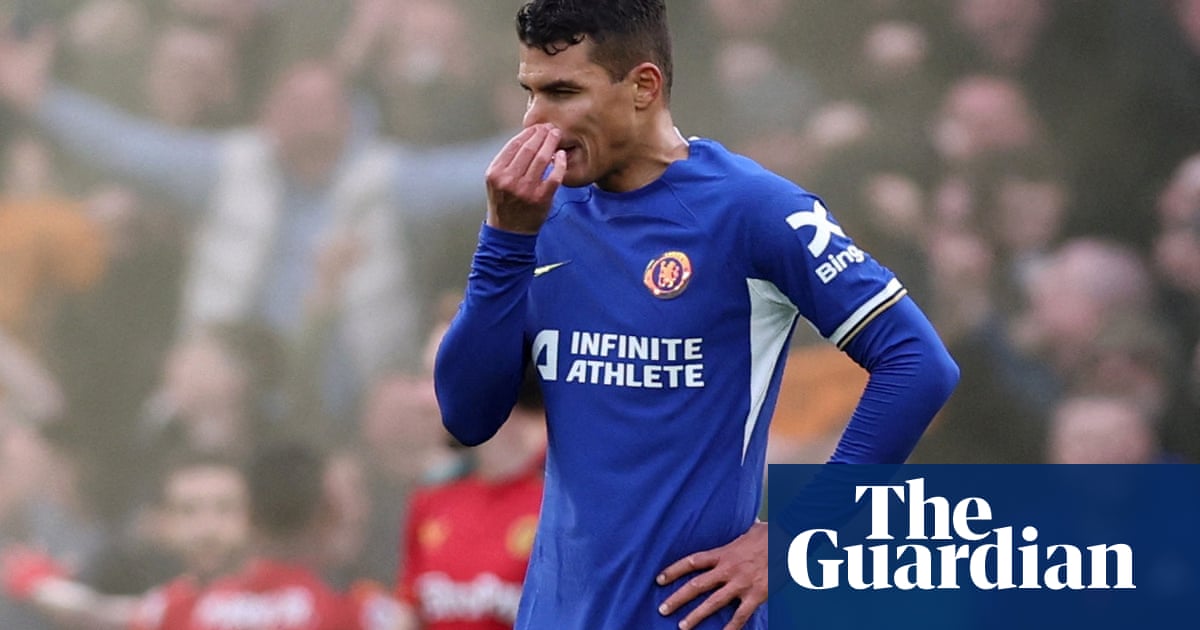
Perhaps Thiago Silva’s wife, Bell e, was on to something when she took to social media during Chelsea’s defeat by Wolves and called for a change. After the team’s grim experience of trying to keep up with Pedro Neto and Matheus Cunha, it cannot be a coincidence that not having a 39-year-old in central defence made it easier for Mauricio Pochettino’s side to produce their best performance of the season when they destroyed Aston Villa last Wednesday.
It could be a sign that the end is arriving sooner than Silva might have anticipated. Chelsea, though, have a tricky balancing act. They are not planning to offer the Brazilian an extension when his contract expires at the end of the season, but they do not want to disrespect him. Silva is one of the greatest defenders of his generation and will have a big part to play in the next few months. It is important that he leaves on good terms.
Even so there is an argument that Chelsea need to begin the process of phasing out Silva. The benefits of playing two younger, quicker centre-backs were evident when the 22-year-old Benoît Badiashile and the 25-year-old Axel Disasi neutralised Ollie Watkins during the victory over Villa in the fourth round of the FA Cup. Chelsea, who had conceded eight goals in their previous two games, looked far more balanced thanks to Pochettino introducing more mobility at the back at Villa Park.
It was a rare glimpse of Chelsea playing like a Pochettino team. They were aggressive in the 50-50 duels and played through Villa. They covered the spaces and cut the gap between their defence and midfield. The patterns were impressive when they attacked. Why change anything now?
The immediate answer, of course, is that a groin injury could keep Badiashile out when Chelsea visit Crystal Palace on Monday. Looking ahead, though, it is clear that Silva’s status as a regular starter is under threat. It is not ridiculous to suggest that Chelsea would be better off if Silva took a step back and spent more time on the bench.
That is not to say there is no value to having the veteran in the squad. It would be a bonus to bring him on when Chelsea are trying to see games out, not to mention invaluable for young defenders such as Badiashile, Disasi and Levi Colwill to train with a player of Silva’s experience.
Sentiment aside, though, there are signs of Silva’s age catching up with him. He remains capable of excelling in a low block but trouble flares when he is exposed to pace.
Perhaps this is straying into awkward territory given that Silva is revered by supporters. Pochettino, who is yet to build a rapport with the crowd, has to be careful when he talks about the centre-back. He would have gained little from making a drama out of Belle Silva’s tweet.
Nonetheless the political dynamic cannot blind Pochettino to Neto tearing past Silva before creating Wolves’s third goal last weekend. There is no point arguing that Silva should not have been left in that situation, an analysis that ignores the drawbacks of Chelsea adjusting their system to protect one player.
The thinking needs to change. When Thomas Tuchel took over as Chelsea’s manager three years ago, he focused on guarding against Silva’s lack of pace. The German prioritised defensive stability and won the Champions League with a controlled 3-4-2-1 system.
Tuchel never felt comfortable using Silva in a back four, especially because he also had to factor in Jorginho’s lack of robustness in midfield. He feared that teams would run through Chelsea if they opened up and Graham Potter had a similar dilemma when he replaced Tuchel last season. Attempting to adhere to Silva’s desire to play in a back four did not work. It would not be lost on Potter that the finest performance of his Chelsea reign – their comeback against Borussia Dortmund in the last 16 of the Champions League – came when an injury to Silva allowed him to switch to a back three.
It is food for thought for Pochettino. He is an attacking manager who has veered between 4-3-3 and 4-2-3-1 this season, but within Chelsea there is a feeling that Silva’s presence forces too many tactical compromises. If he plays as the left centre-back it has an impact on the left-back’s positioning. Is it a surprise that Wolves focused many of their attacks down Ben Chilwell’s flank last weekend? Or that Chilwell, an adventurous full-back, looked more comfortable with Badiashile in for Silva against Villa?
Probably not. The question for Pochettino, though, is how to approach the situation. Earlier this season there were questions in the dressing room about Silva being overlooked for the captaincy. Teammates talked of a lack of respect. A riposte, though, is that Silva’s English is limited and that he is not a particularly vocal presence at the training ground.
Admittedly it would still be a huge call not to start Silva when Chelsea face Liverpool in the Carabao Cup final this month. Badiashile and Disasi have undoubted potential and are France internationals but have lacked consistency since joining from Monaco. For Pochettino, the worry will be that Chelsea are too erratic without Silva. Colwill, 20, is learning and Wesley Fofana, 23, is out for the season. It has been common to see Silva walking to the touchline to have passionate conversations with Pochettino when a raw team lose control.
Equally there is a sense of Silva’s aura fading. In Badiashile, Colwill, Disasi and Fofana, Chelsea have four defenders who could be at the club for years. It could be time for Pochettino to move Silva aside and let the next generation take over.




